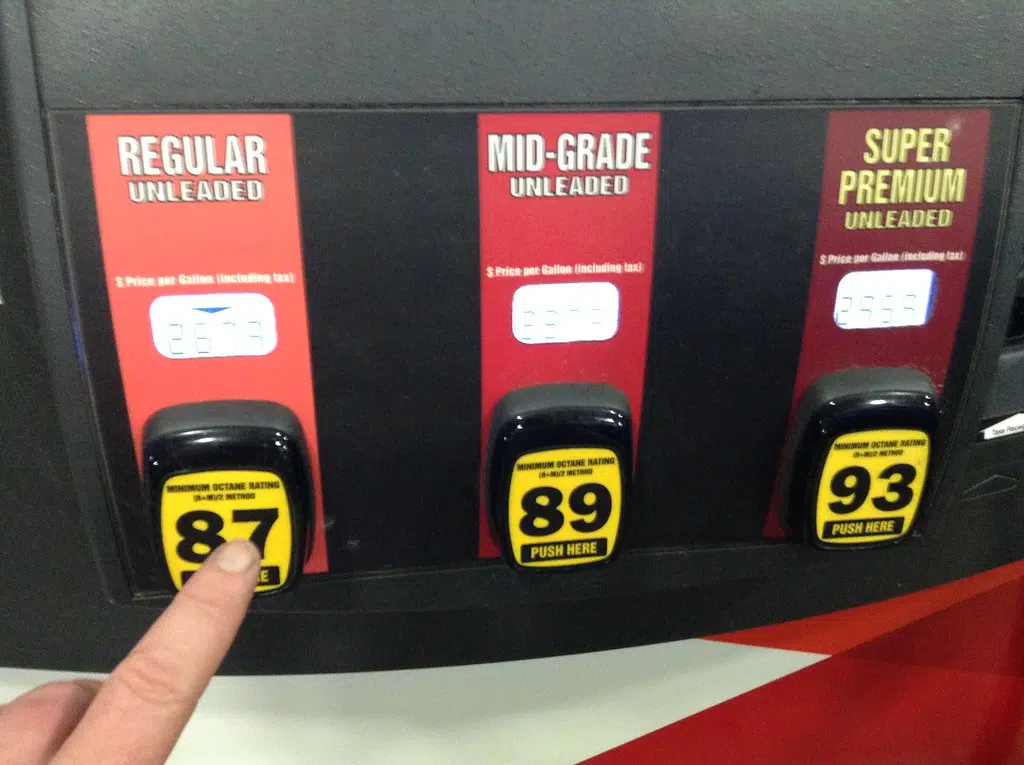Is A "Best And Final" Job Offer Really Final? Negotiation Strategies

Table of Contents
Understanding the Employer's Perspective with "Best and Final" Job Offers
Why do employers use the "best and final offer" tactic? It's often a strategic move to expedite the hiring process and avoid drawn-out negotiations. They might feel they've reached the upper limit of their budget or are comparing you to other strong candidates. This doesn't necessarily mean they're unwilling to budge, however.
- Why they use this tactic: The "best and final offer" phrase is often used to put pressure on the candidate and encourage a quick decision. It can also signal that they've reached their internal budget constraints for the role.
- What it might mean: The company might genuinely believe the offer reflects their maximum budget allowance. They may also have other strong candidates waiting in the wings. A "best and final" offer can be a way of closing the deal quickly.
- What it doesn't necessarily mean: While it often feels like a non-negotiable position, a "best and final" offer rarely completely shuts the door on further discussion. There's usually room for strategic negotiation, particularly if you demonstrate your value.
Assessing Your Situation Before Responding to a "Best and Final" Offer
Before you respond, take a step back and objectively assess your position. Evaluate your leverage: What makes you uniquely valuable to this company? What's your current financial situation, and how does this offer compare to industry benchmarks? Weigh the entire compensation package carefully.
- Evaluate your leverage: Consider your skills, experience, the current job market demand for your expertise, and how urgently you need a job. A strong demand for your skillset in a competitive job market significantly improves your negotiating power.
- Weigh the pros and cons: Don't focus solely on the base salary. Consider the total compensation package, including health insurance, retirement contributions, paid time off, bonuses, stock options, and any other perks. Does the entire package, including non-monetary benefits, align with your needs and long-term goals?
- Essential points to consider:
- Analyze your current financial situation and debts.
- Research industry salary benchmarks for similar roles using websites like Glassdoor, Salary.com, or Payscale.
- Consider the company culture, work-life balance, and potential for career growth.
Negotiation Strategies When Faced with a "Best and Final" Job Offer
Receiving a "best and final offer" doesn't mean immediate acceptance or rejection. Take your time to thoughtfully respond. This is where strategic negotiation can still work wonders.
- Don't immediately accept or reject: Take at least 24 hours to consider your options before responding. This shows professionalism and gives you time for thoughtful consideration.
- Politely express your appreciation: Begin by expressing gratitude for the offer. This sets a positive tone for the negotiation.
- Highlight your value: Reiterate your key skills and accomplishments, emphasizing your potential contribution to the company's success. Quantify your achievements whenever possible.
- Counter-offer strategically: Instead of simply asking for a higher salary, focus on specific areas of the compensation package that are most important to you. This could include improved benefits, a signing bonus, or flexible work arrangements.
- Key negotiation tactics:
- Suggest a specific, reasonable increase in salary or benefits (backed by your research).
- Focus on one or two key areas for negotiation rather than trying to change everything at once.
- Be prepared to walk away if your needs are not met. Knowing your bottom line is essential.
Knowing When to Walk Away From a "Best and Final" Job Offer
While negotiation is key, sometimes the best decision is to decline a "best and final" offer. Recognize your worth and don't settle for less than you deserve.
- Recognize your worth: If the offer significantly undervalues your skills and experience, don't compromise your self-respect.
- Consider your long-term goals: A slightly lower salary might be acceptable if the overall package, company culture, and long-term career opportunities are exceptional.
- Be prepared for other opportunities: Maintain a strong professional network and keep your resume updated to increase your chances of finding a better fit.
Conclusion
While a "best and final job offer" might seem like the end of the line, it often presents an opportunity for strategic negotiation. By carefully assessing your situation, understanding your leverage, and using effective communication techniques, you can potentially improve the terms of the offer, even after the employer has declared it "best and final." Remember to always know your worth and be prepared to walk away if the offer doesn't meet your needs. Don't be afraid to negotiate even when faced with a "best and final job offer"—it's often not as final as it sounds. Mastering negotiation strategies around "best and final job offers" can significantly improve your compensation and overall job satisfaction. Start practicing your negotiation skills today and confidently handle any "best and final" offer that comes your way.

Featured Posts
-
 Pronostico Astrologico Horoscopo 11 17 Marzo 2025
May 24, 2025
Pronostico Astrologico Horoscopo 11 17 Marzo 2025
May 24, 2025 -
 Glastonbury 2025 Olivia Rodrigo And The 1975 Join The Lineup
May 24, 2025
Glastonbury 2025 Olivia Rodrigo And The 1975 Join The Lineup
May 24, 2025 -
 French Pms Public Dissent On Macrons Leadership
May 24, 2025
French Pms Public Dissent On Macrons Leadership
May 24, 2025 -
 Avrupa Borsalarinda Karisik Seyir Kazanclar Ve Kayiplar
May 24, 2025
Avrupa Borsalarinda Karisik Seyir Kazanclar Ve Kayiplar
May 24, 2025 -
 Classifica Forbes 2025 Chi Sono Gli Uomini Piu Ricchi Del Mondo
May 24, 2025
Classifica Forbes 2025 Chi Sono Gli Uomini Piu Ricchi Del Mondo
May 24, 2025
Latest Posts
-
 What Date Is Memorial Day In 2025 Planning Your Three Day Weekend
May 24, 2025
What Date Is Memorial Day In 2025 Planning Your Three Day Weekend
May 24, 2025 -
 When Is Memorial Day 2025 Your Guide To The May Holiday Weekend
May 24, 2025
When Is Memorial Day 2025 Your Guide To The May Holiday Weekend
May 24, 2025 -
 Affordable Memorial Day Travel Low Gas Prices Expected
May 24, 2025
Affordable Memorial Day Travel Low Gas Prices Expected
May 24, 2025 -
 Memorial Day 2025 Date History And Three Day Weekend
May 24, 2025
Memorial Day 2025 Date History And Three Day Weekend
May 24, 2025 -
 Fueling Your Memorial Day Trip Low Gas Prices Ahead
May 24, 2025
Fueling Your Memorial Day Trip Low Gas Prices Ahead
May 24, 2025
